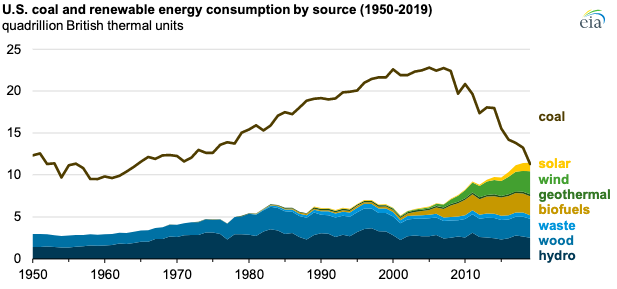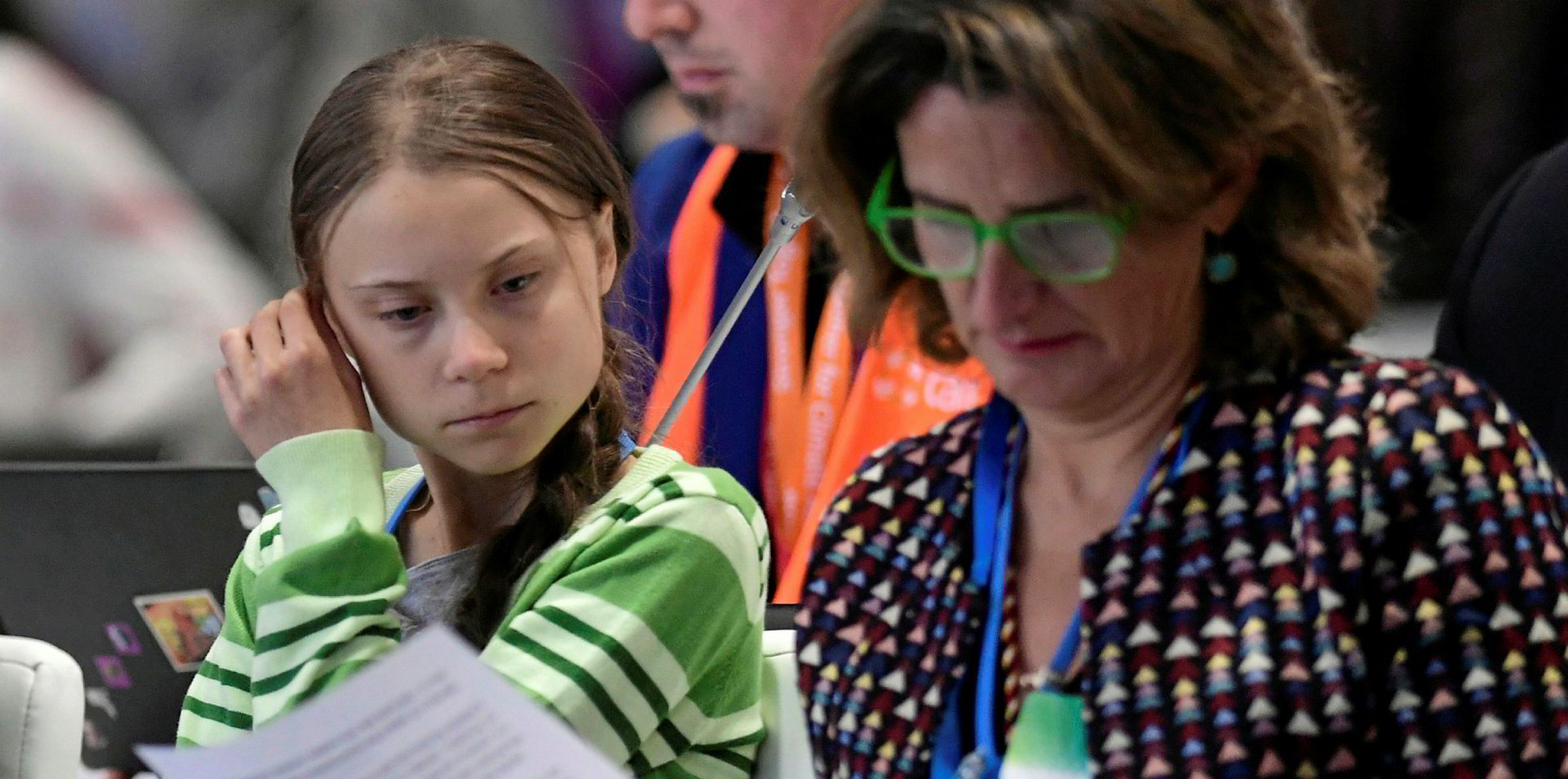UN Climate Talk- COP26 Postponed- Does This Mean UN led Climate Negotiation is Derailed?
The latest casualty of Corona virus pandemic is the UN Climate Change talks scheduled to take place in Glasgow, Scotland later this year. The United Nations Framework Convention on Climate Change (UNFCCC) oversees the advisory group to COP 26 talks and the group decided to postpone COP26 until November 2021.
UN is prioritizing saving lives and suppress CORONA virus by cancelling the 2020 event which would have seen representatives from 196 countries and thousands of other visitors come to Scotland.
COP26 and Submission of NDCs
The COP26 advisory group said that postponing the event will provide additional preparation time for UNFCCC parties to submit national climate reports that were due to submit by 2020. National governments were supposed to submit Nationally Determined Contributions (NDCs) before COP26 that includes implementation plans on how to cut national greenhouse gas emissions to the level committed during the Paris Agreement in 2015. Most of the governments are not successful to meet the climate target set five years ago, which – if met, would have limited the global temperature to 2C by 2030.
With the emissions target governments are setting now, it is impossible to meet the 2C temperature limit target and we are heading towards 3C world. Thus, it is extremely important to have mitigation plans from all countries that explain how they are planning to reduce emissions to limit the 1.5C temperature increase by 2030. Rwanda recently put forward a bold emissions reduction plan which has not been reciprocated by the developed nations yet.
PROS and CONS
Postponing COP26 to 2021 could be beneficial for overall climate negotiation as countries will have more time to work on their climate action plan which would eventually shape how the globe will shift towards low-carbon economy. But, experts are also concerned that this could mean a lost opportunity as countries may justify the non-commitment on climate change citing the pandemic and could delay in developing national climate plans.

The delay in climate negotiation also exposes this climate event to US election scheduled in November 2020. Trump’s re-election or Biden’s win, both could mean significant impact to the global climate governance as two administrations would tackle climate emergency in a very different way. Trump already declared they are withdrawing from Paris Agreement and his re-election will further strain climate negotiation going forward.
Green Economic Recovery and COP26
The rescheduling of COP26 will also have significant impact on Green Recovery efforts’ implication on global carbon emissions. Without global coordination and dialog on how to ensure green recovery after the pandemic, there is a high possibility that governments could implement economic recovery not considering the potential locked impact on climate for decades to come. Spain has demonstrated leadership by drafting a bill to ban fossil fuel as part of their economic recovery but there has to be a global agreement to ensure climate smart economic recovery. Green economic recovery could be the vehicle the world needs to transition to a zero carbon world and focus on meaningful dialogues outside of the UN led climate negotiations.









Comments